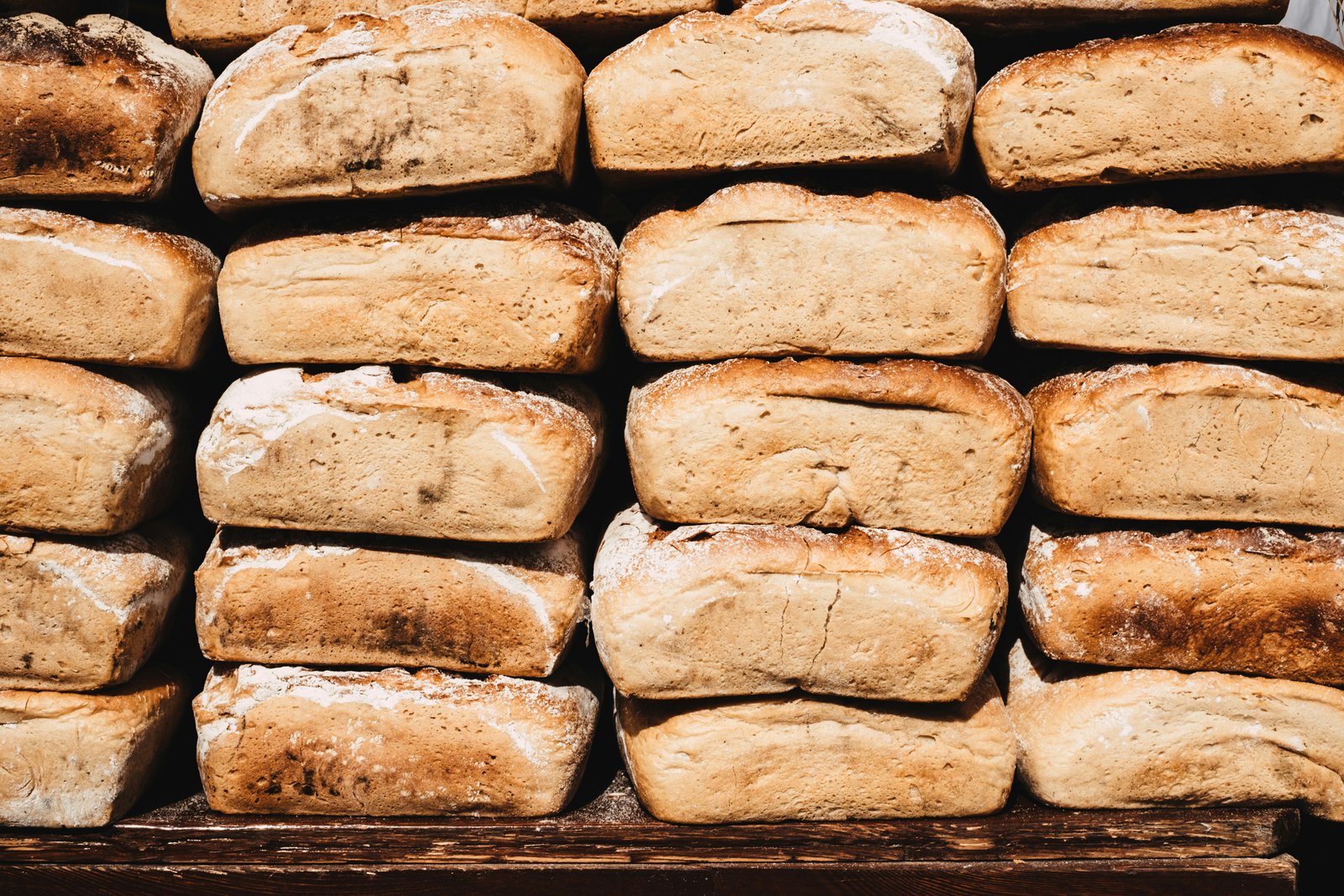
The Import and Export of Black Pepper and Its Impact on the Global Market: The Best Quality Black Pepper from India
The Dynamics of Black Pepper Trade in the Global Market
The global trade of black pepper has a rich history, with its roots tracing back to ancient times when it was a highly coveted spice. Historically, India has been one of the foremost producers of black pepper, contributing significantly to the global market alongside other key countries such as Vietnam and Brazil. Today, Vietnam stands as the largest exporter of black pepper, followed by Brazil and India, which continue to play pivotal roles in the market. Major importers include the United States, Germany, and Japan, which together account for a significant portion of global black pepper consumption.
Several economic factors influence the black pepper trade. Supply chain logistics are crucial, as the efficiency and cost-effectiveness of transporting black pepper can impact pricing and availability. Tariffs and trade agreements also play a significant role, with favorable terms fostering stronger trade relationships and higher volumes of export and import. On the other hand, restrictive tariffs can hinder trade and lead to increased costs for consumers.
Global events such as climate change and political instability have profound effects on black pepper production and trade. Climate change can alter growing conditions, affecting yield and quality. Regions prone to political instability may experience disruptions in production and export processes, leading to supply shortages and price volatility. These factors necessitate robust risk management strategies to mitigate their impacts on trade.
The role of technology and innovation in the black pepper trade cannot be overstated. Advancements in agricultural practices, such as precision farming, have enabled producers to enhance yield and quality. Innovations in supply chain management, including blockchain technology, have improved traceability and transparency, ensuring the authenticity and quality of black pepper reaching consumers. These technological advancements contribute to greater efficiency and reliability in the global black pepper market.
Statistical data and market forecasts indicate a steady growth in the global demand for black pepper. Emerging markets in Asia and Africa are expected to drive this growth, with increasing consumer awareness and preference for high-quality spices. As the industry continues to evolve, key players will need to adapt to changing economic, environmental, and technological landscapes to maintain their competitive edge and meet the rising global demand for black pepper.
Why Indian Black Pepper is Considered the Best Quality
Indian black pepper has long been celebrated for its superior quality, a distinction rooted in the unique geographical and climatic conditions of regions such as Kerala, Karnataka, and Tamil Nadu. The warm, humid tropical climate and well-drained loamy soil in these areas provide an ideal environment for cultivating black pepper, resulting in berries that are rich in essential oils and piperine, the compound responsible for pepper’s pungency.
Among the various varieties, Malabar and Tellicherry pepper stand out for their exceptional flavor profiles. Malabar pepper, grown primarily in Kerala, is known for its bold and robust flavor with a hint of citrus. Tellicherry pepper, also from Kerala, is distinguished by its larger, more mature berries, offering a complex, nuanced flavor with a slightly fruity undertone. These varieties are highly prized in the culinary world for their aromatic intensity and versatile applications.
Traditional farming practices in India play a crucial role in maintaining the high quality of black pepper. Farmers often use organic methods, avoiding synthetic pesticides and fertilizers, to preserve the natural biodiversity and soil health. Modern techniques, such as controlled drying processes and advanced sorting methods, ensure that only the best berries are selected for export. Quality control measures, including certifications like organic farming and fair trade, further guarantee that Indian black pepper meets international standards.
Testimonials from international buyers and chefs underscore the global preference for Indian black pepper. Renowned chefs appreciate the spice’s rich, layered flavors, which enhance a wide range of dishes. Buyers consistently note the reliability and superior quality of Indian pepper, contributing to its significant market share in the global spice trade. Statistical data reveals that India remains a leading exporter, with substantial volumes shipped to various countries annually.
For consumers looking to source the best quality Indian black pepper, it is advisable to look for specific indicators such as the origin, variety, and certifications on the packaging. Opting for brands that emphasize organic farming and fair trade practices can further ensure the purchase of premium quality black pepper.
